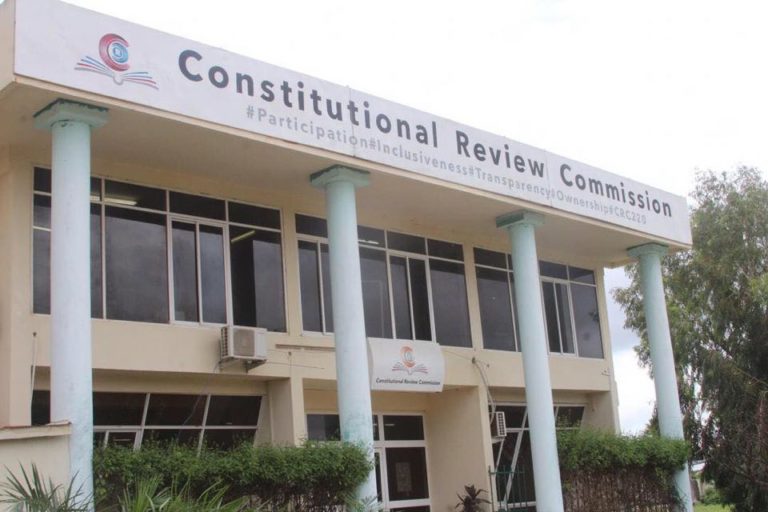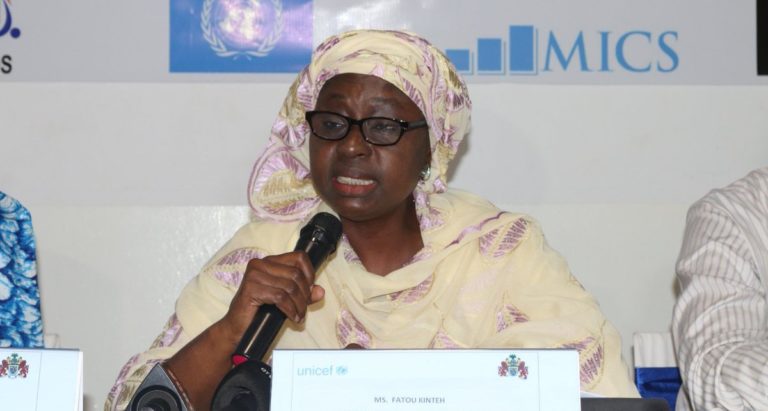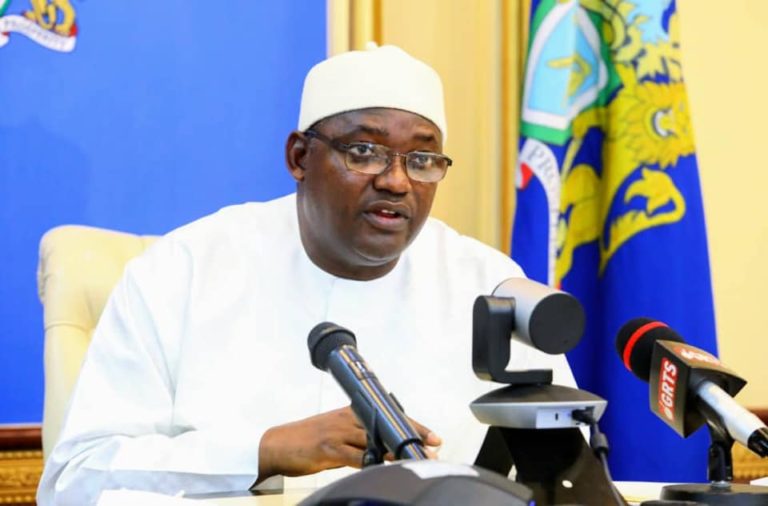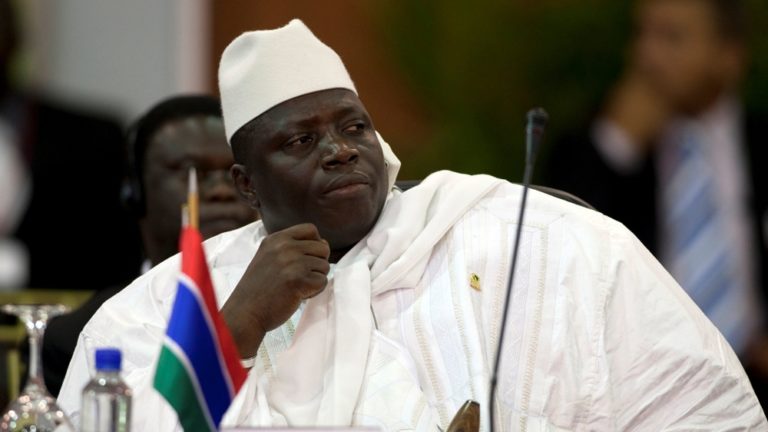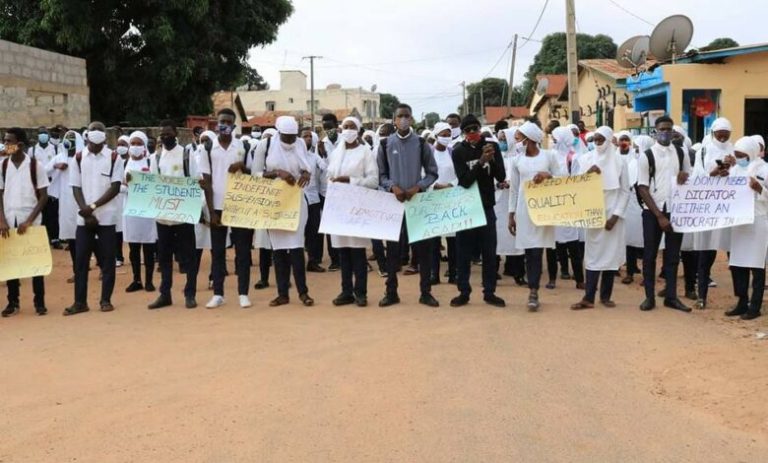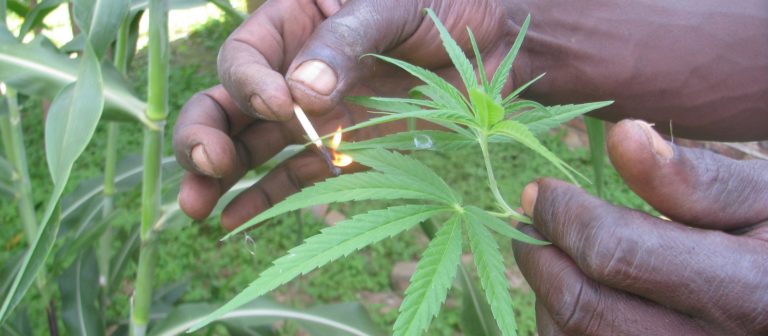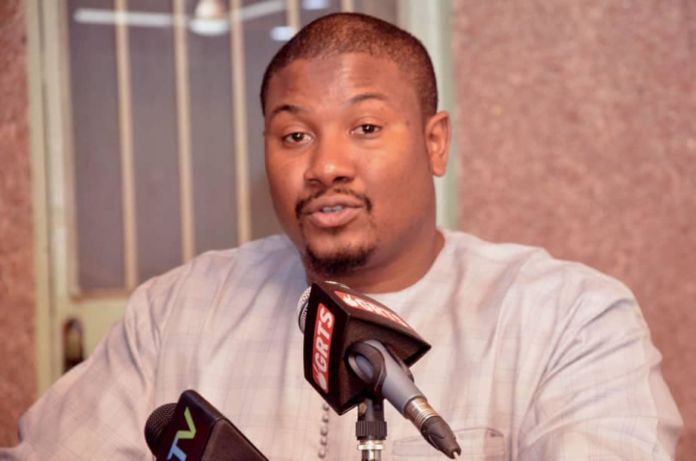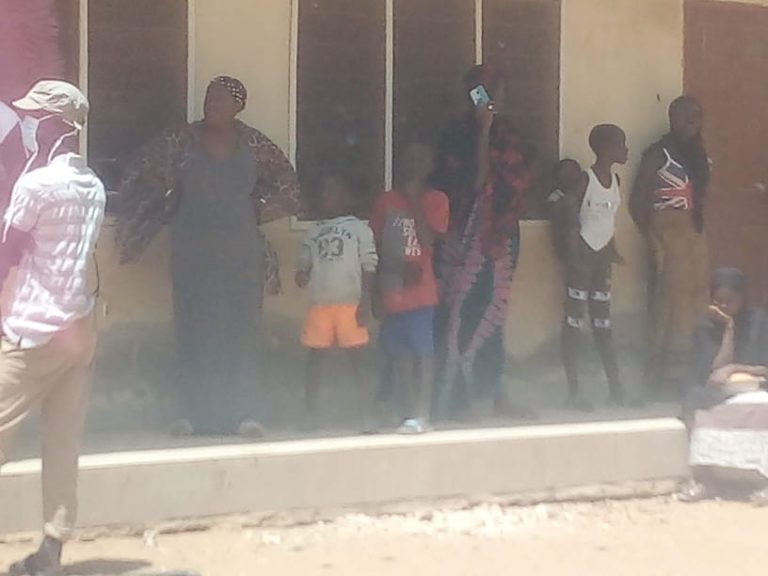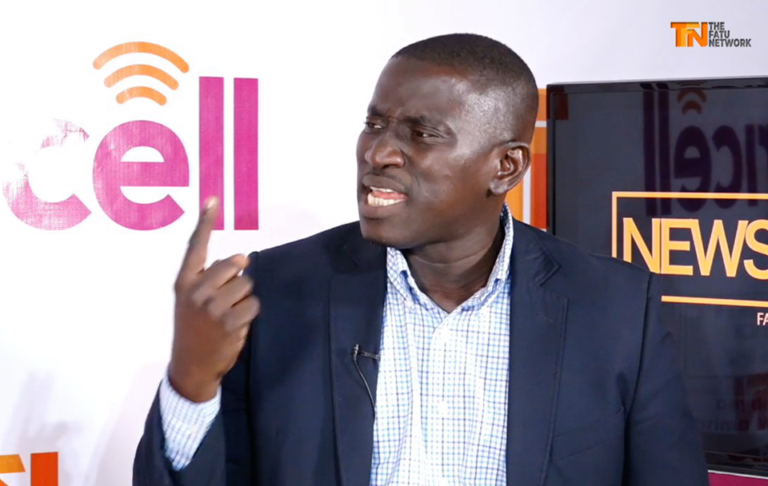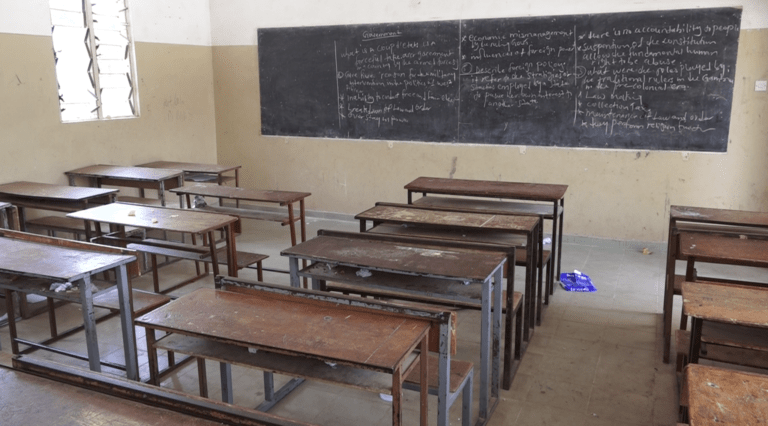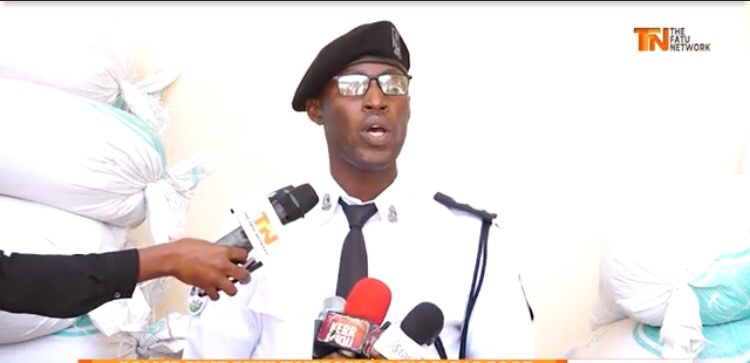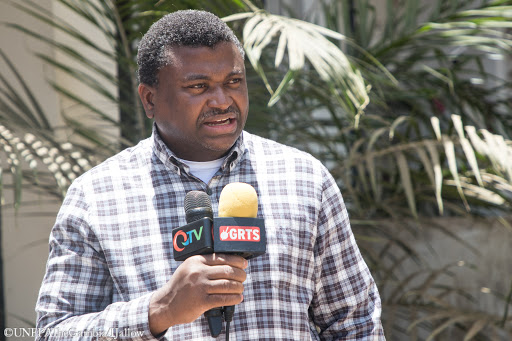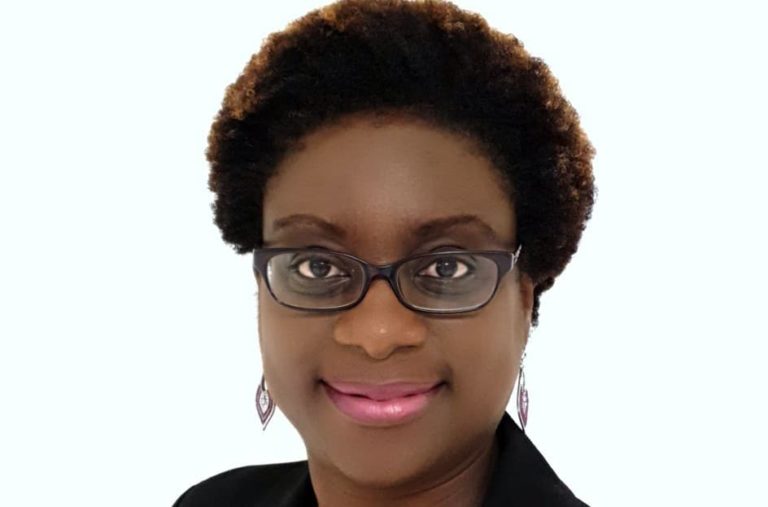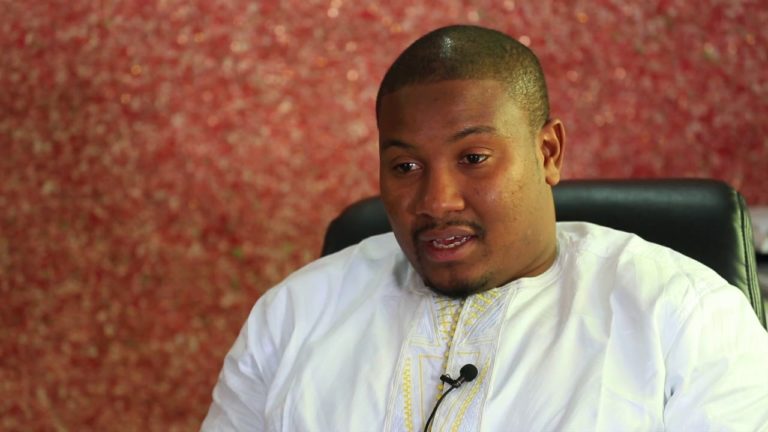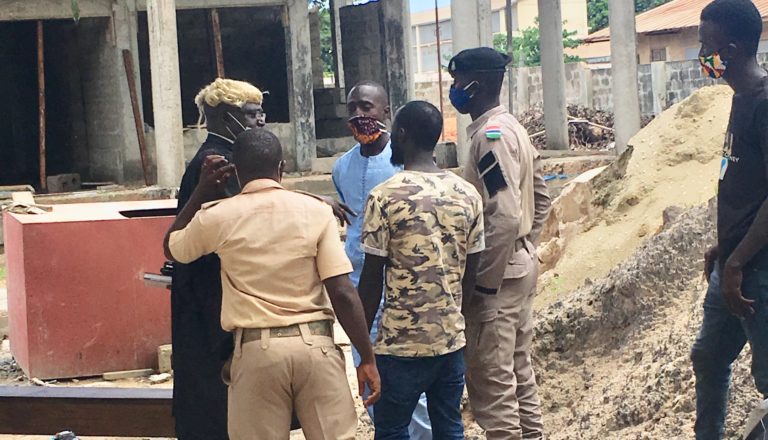By Baltimore Sun
The U.S. government is attempting to seize the Montgomery County estate of Yahya Jammeh, the exiled former president of The Gambia who has been accused of murders, rapes, tortures and the theft of more than $300 million in public funds during his 22-year regime.
A lawsuit filed July 15 in the U.S. District Court of Maryland seeks the forfeiture of the six-bedroom, nine-bathroom home at 9908 Bentcross Drive, Potomac.
The mansion in the exclusive Falconhurst neighborhood has a heated pool, cabana/guest house and seven-car garage, according to a recent Long and Foster real estate listing. Records differ, but the home occupies either 8,800 square feet or 11,000 square feet.
Public records reveal the home was sold for $3.5 million in 2010 to the Jammeh family trust by basketball star Calbert Cheaney, who previously played for the Washington Bullets (now Washington Wizards.)
The Jammeh children attended school in the Washington area, according to the complaint, and their parents occasionally visited. In 2014, Gambia’s first couple attended a state dinner at the White House; Yahya and Zineb Jammeh posed for photos with President Barack Obama and his wife, Michelle.
Gambia is among the poorest nations in the world, ranking 174th out of 189 countries, according to the World Food Program. Nearly half of its population lives in poverty.
“Yahya Jammeh corruptly obtained millions of dollars through the embezzlement of public funds and the solicitation of bribes” from businesses seeking to obtain monopoly rights over petroleum, telecommunications and other sectors of the Gambian economy, the U.S. Department of Justice wrote in a news release.
In addition, the release claims that Jammeh, 55, “conspired with his family members and close associates to utilize a host of shell companies and overseas trusts to launder his corrupt proceeds throughout the world, including through the purchase of a multimillion-dollar mansion in Potomac, Maryland.”
Then head of the military police, Jammeh lead a bloodless coup that took control of The Gambia in 1994. He presided over the small African nation until he was forcibly ousted in 2017.
The lawsuit says that during the latter years of Jammeh’s presidency, his annual salary was no more than $65,000 in U.S. dollars. The complaint cites a nine-volume report released last year by Gambia’s Ministry of Justice that concludes Jammeh lacked the income to support his lavish lifestyle and “wasted, misappropriated, diverted or simply stole” the equivalent of more than $300 million from public accounts.
According to public records, the estate next door to the Bentcross Drive mansion is owned by Teodoro Obiang Nguema Mbasogo, the longtime president of Equatorial Guinea and the nation where Jammeh is reported to be living in exile. Neither he nor a spokesman for the Embassy of Equatorial Guinea in Washington could be reached immediately for comment.
On Dec. 21, 2017, the U.S. Department of the Treasury imposed sanctions on Jammeh stemming from human rights abuses carried out by a roughly 40-member unofficial squad culled from his personal guard. According to that press release:
“Jammeh created a terror and assassination squad called the Junglers that answered directly to him. During Jammeh’s tenure, he ordered the Junglers to kill a local religious leader, journalists, members of the political opposition, and former members of the government, among others. Throughout his presidency, Jammeh routinely ordered the abuse and murder of those he suspected of undermining his authority.”

